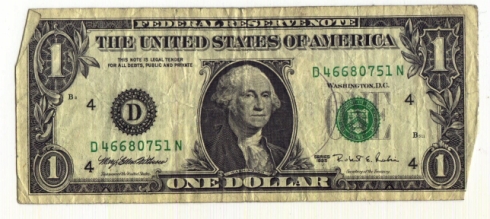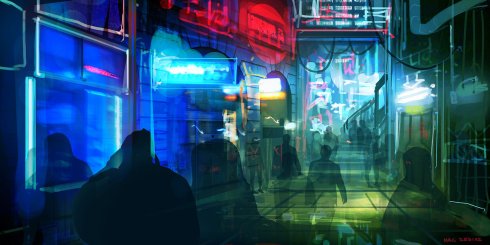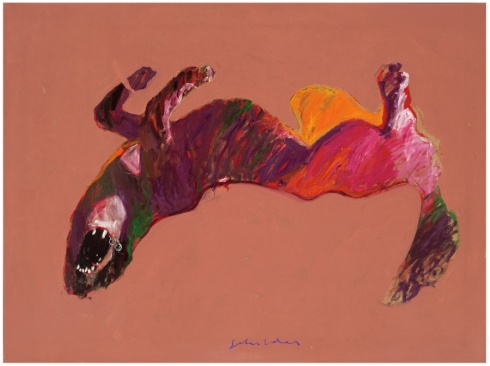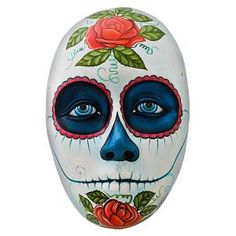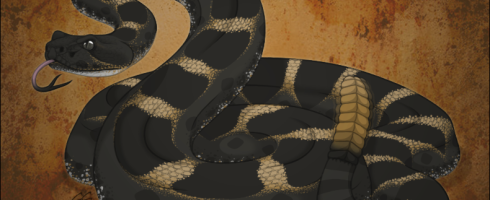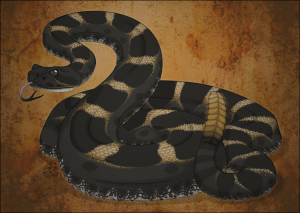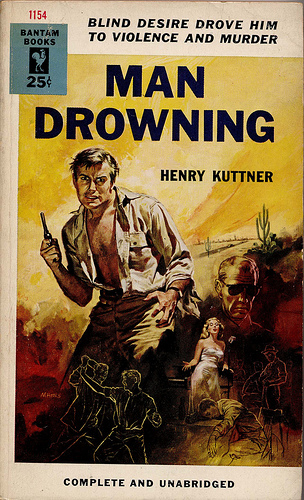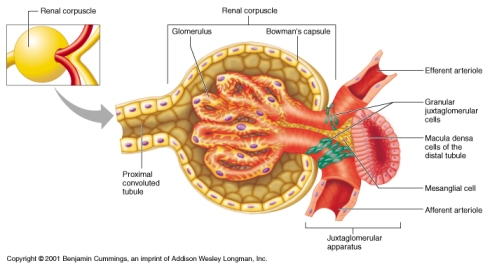
From 2013 – My first year as an expatriate in Mexico:
There have been many sunny days in Rosarito, where Sophy and I drive around town with the windows down, shopping for the evening meal or checking out the tile and ceramic shops lining Highway 1. Life had been humming along with only the usual assortment of challenges and setbacks.
Then the temperature dropped and the wind kicked up and the rain rolled in. I’m not sure if it was the change in the weather or a new set of microbes to contend with, but the household got sick. Ugly throat infections and fevers. The baby was crying, we were losing our voices and our coughing made it hard to sleep.
I had a tough time concentrating on my work but I didn’t have much choice. There was nobody to lend a hand. I was trying to meet a project deadline with only one cylinder of my brain firing. It was a contract my company had with Paramount Resorts to create an e-magazine for them. This company is my most important client and the money I would make from this project would carry us through the Christmas holidays.
I was already working on an accelerated schedule when my designer in New York fell a day behind. On Tuesday morning we had a five hour window to get the files to the client and implement their changes – major changes. My designer felt overwhelmed and I was coughing into my keyboard, watching the clock. We finally reached the hour where I knew it was going to be impossible to make the afternoon deadline and get the approved files to the database company that sends out our email projects. I’d never missed a final deadline before and I felt miserable. I bit the bullet and contacted the Paramount people and had to admit to them that I had missed the deadline, but I had managed to get us a slot on tomorrow’s schedule to send out the project. Luckily they were understanding and just asked to send the changes when they were done so they could give them final approval. My designer and I finished in the evening and I emailed the files to Paramount, asking them to get back to me as early as possible in the morning.
I was hanging low when Sophy came back from the doctor with a bunch of pills and elixirs. She lined them up on the dresser and said, “The doctor told me these would help both of us.”
I held out my hand. “Great. Maybe they’ll knock this sickness out of me. I have a really heavy day tomorrow.”
I washed the pills down, did an hour or two of work and climbed into bed with Sophy.
Within seconds, a series of hypnagogic images started to float behind my closed eyes. I’m used to these. If I relax and let them flow they can be intriguing, kind of a Rorschach test from my subconscious. Usually they’re herky-jerky figures that shift and change, similar to watching clouds change from one inexact depiction to another. But these images behind my eyelids grew in intensity and became distorted faces, with features bulging forward and then receding. My interior organs began to pulse and compress in strange ways. There was nothing hypnagogic about it. Then the saliva began to flow in the back of my throat –
I got out of bed and hurried towards the bathroom. The vomit was hurtling out of my mouth just as I made the toilet. I retched and retched. I knew exactly what was happening, but I hoped I was wrong.
Sophy stood in the doorway, saying, “Oh, mi vida…”
I asked her if there was penicillin in any of the pills.
“It’s called amoxicilina.”
“That’s gotta be penicillin. Shit. Give me some privacy. Here comes the diarrhea.”
I’m allergic to penicillin. Sophy knows it. I know it. But we were both too rattled to check the box.
I’ve gone through two allergic attacks in the past and it’s the closest I’ve ever felt to dying. The last time it happened was 20 years ago, when I was physically stronger. With some people penicillin allergy registers as anaphylactic shock, where your tongue and throat swell so much you’re in danger of suffocating. I can’t think of anything worse than that. My body’s reaction is different. I puke. Then I blast out a stream of diarrhea. All the while my I’m sweating and my nose is running. My body is working furiously to rid itself of the poison, using its water content as the vehicle. At 15-minute intervals the puke/diarrhea process is repeated, getting more and more painful each time. When my stomach empties I can feel it twist and turn in a wringing motion as it draws water from the surrounding organs. As soon as my stomach derives an ounce of fluid it makes me retch it out until I’m reduced to painful dry heaves that sprain every muscle in my back. Then comes the explosive diarrhea, as though I had a high-pressure hose in my ass.
This goes on for hours. I’m scared, in pain, exhausted. I don’t know when it will stop. A smarter person would call a doctor; I prefer to ride it out. I also know I have to get up in the morning and finish the Paramount project. My client is on the east coast; I’m on the west. When I wake up in the morning I’m already three hours behind.
Somewhere in the predawn hours the flushing out of the poison stops. I get under the covers feeling that a hard day tomorrow just got harder. I can’t afford to miss tomorrow’s deadline. Let’s put it this way: My billings to Paramount this year paid a year’s worth of rent, utilities and car payments.
When the alarm goes off at six I put on a bathrobe and hobble down the hall towards my office. I think I know how a prizefighter feels after a tough bout; every muscle in my body aches. I turn on my computer and check my emails. Paramount received the files and will get back to me with their final changes in an hour.
So far so good. I set the alarm for 7:00 and catch a bit more sleep. It looks good. We’re going to ace this.
The alarm goes off. I get up and check my computer. My inbox has the changes from Paramount – eight separate emails, one for each page of the project.
I click on the first file –
I lose my internet connection.
Okay. This has happened before. My PC often functions like it’s had a penicillin attack or two. I try to reconnect to the internet.
Nothing.
I’m swearing as I grab the laptop from the bedroom and power it on. I feel cursed when I can’t get an internet connection on the laptop.
Then it becomes clear and I shout out to Sophy, “Babe! Did you pay the internet bill?”
There’s some frantic conversation between Sophy and her daughter Denisse. The bill wasn’t paid.
Sophy hollers from the other room, “I told you it was due on the 16th.”
I yell back, like a wounded boar, “And every time you told me I said take the money out of my wallet and pay the bill.”
It’s now 8:00; 11:00 on the east coast. The internet office won’t be open until 9:00. Once we pay the bill, it may take an hour or two to restore service.
I’m actually moaning now.
I pick up the phone to see if my designer was cc’d on the emails. I dial the number and then realize I have Vonage – without the internet, I have no phone service.
I can hardly stand up. I’m gulping down tall glasses of water to restore my fluids – in the words of a black cook I saw on TV, I have hot pipes. The internet cafes in my neighborhood don’t open until 10:00 but I decide my only option is to drive around Rosarito in the hope of finding one that isn’t padlocked shut.
Sophy tells me she’ll go to the internet office and pay the bill. I grab whatever clothes are handy and get in my RAV 4. Backing out of the driveway I drive over the curb like a drunk. I’m in another dimension. Something is wrong with my reflexes. One, two, three times I drive over curbs.
I finally find an internet café that’s open. It’s 9:00. I settle down in front of a computer, my body probably giving off toxic rays of desperation.
I open up my emails and begin the process of making edit changes with my designer, knowing we’re under the gun. Sour sweat is dripping off my hair. I have a family that literally depends on me – I have to do this and do it well. There’s no allowance for error. In the background, the internet café clerk stares at the TV, watching a blow-by-blow account of the Manny Pacquio/Marquez fight.
At 11:00, Sophy comes into the internet cafe. I’m surprised she found me. I look over my shoulder and barely hear her words that the bill has been paid and the internet service has been restored at home. I feel like a clam dislodged from its shell. All I can do is nod and say, “I’ve got to finish this.”
I’m still going back and forth with my designer when I get an email from the company sending out our email project. Since tomorrow is Thanksgiving, they’re closing early. Can we get the finished files to them in 45 minutes?
The margin of error is now minus zero.
Mentally, I’m in a cube – a soundless room without furniture. No windows. Just a ticking clock on the wall.
Through a miracle we make it. The project goes out. The invoice will go out. The check will come in. No December wolves at the door.
As I type this three days later, the final signs of the penicillin reaction are making themselves known – large blotches of rash spreading over my thighs and belly and up to my chest. It could be my imagination, but I feel as though the rash is on the flesh under my eyelids and around my tear ducts.
There’s a silver lining. I’ve been trying to lose some weight. The night of the allergic reaction, I dropped from 203 pounds to 200. The next day I figured I’d swell back up with all the water I drank.
Instead I dropped down to 197.
The next day, 196.
Tags: despair, family, illness, Manny Pacquio, Mexico, panic, penicillin, poison, poisoning


